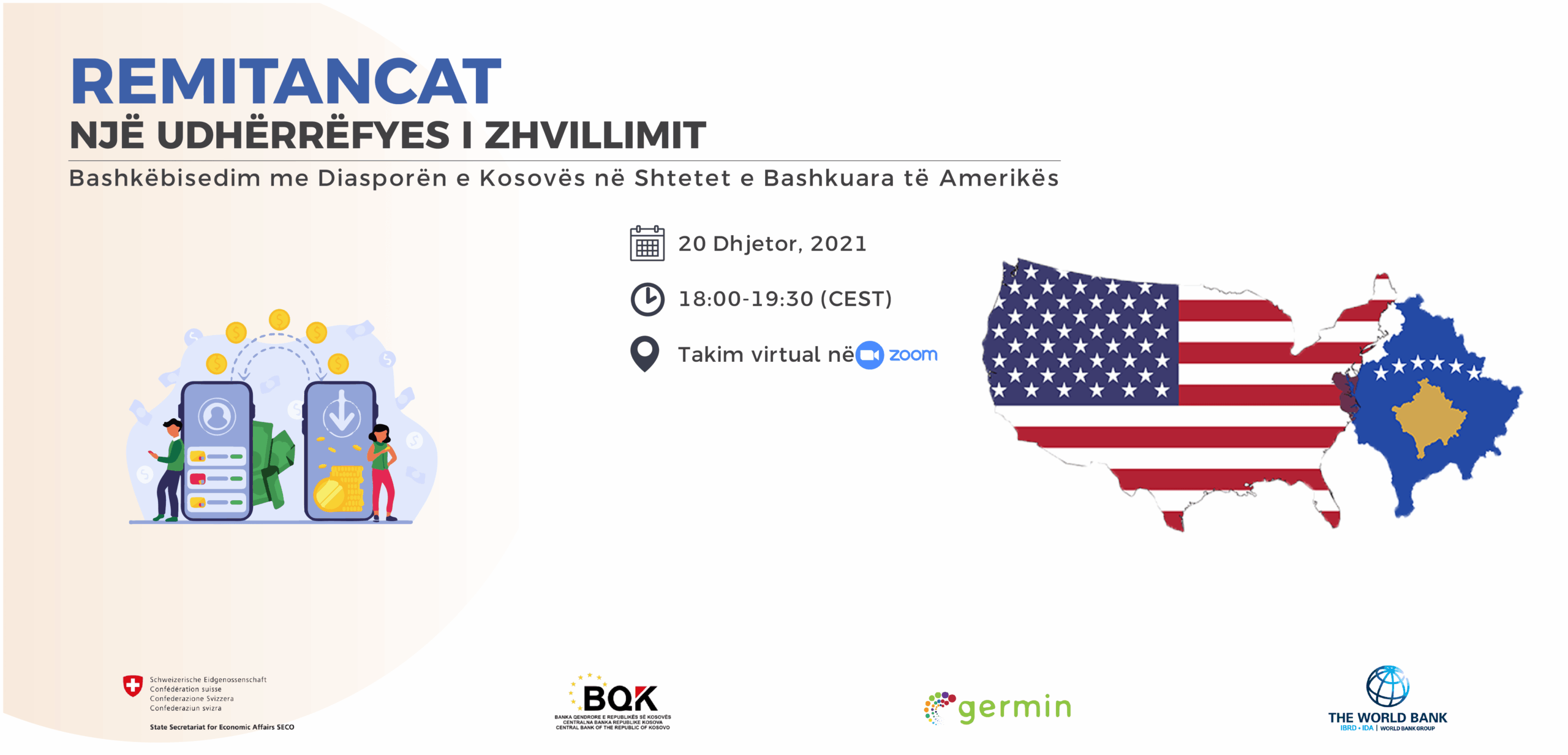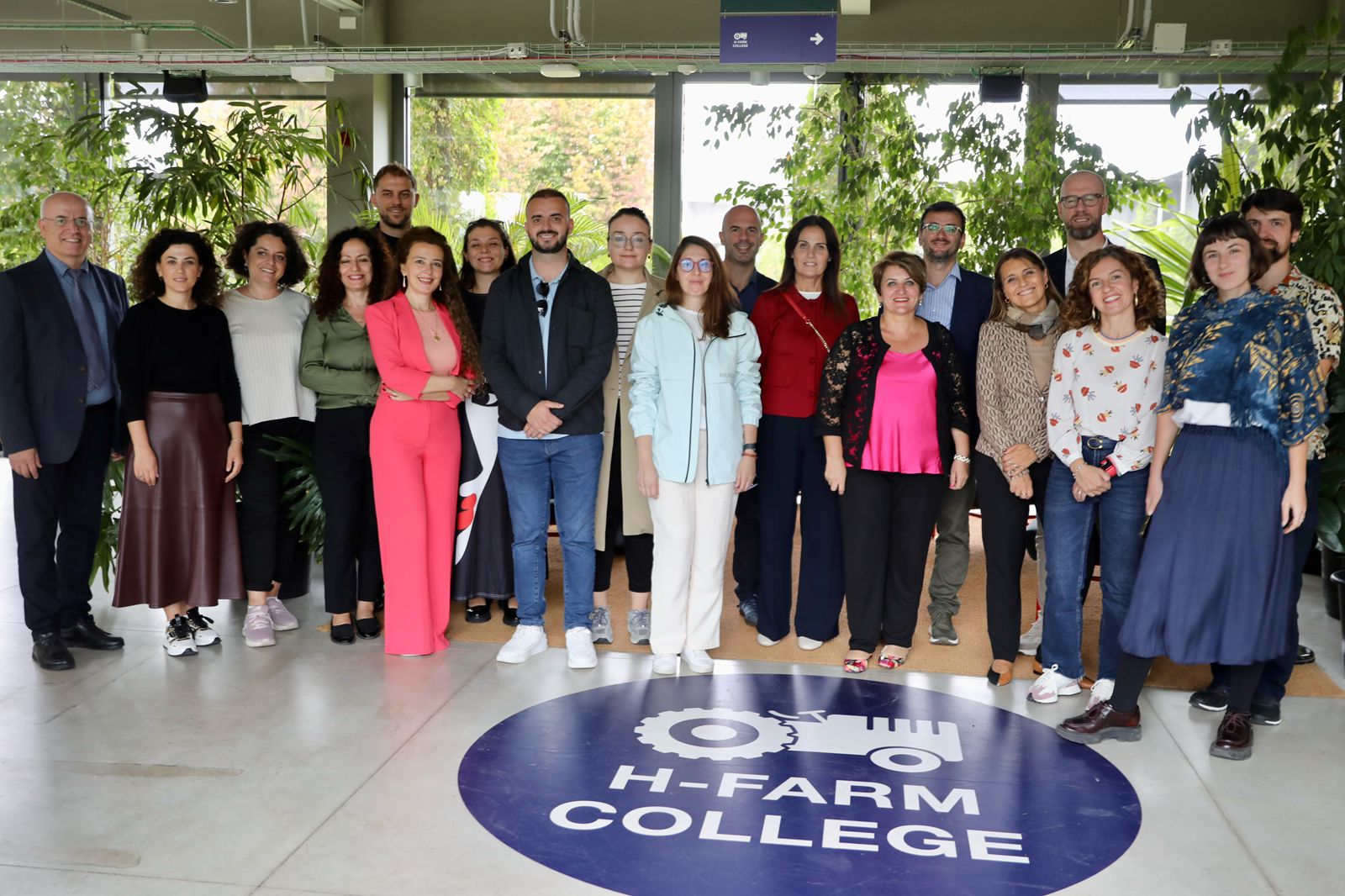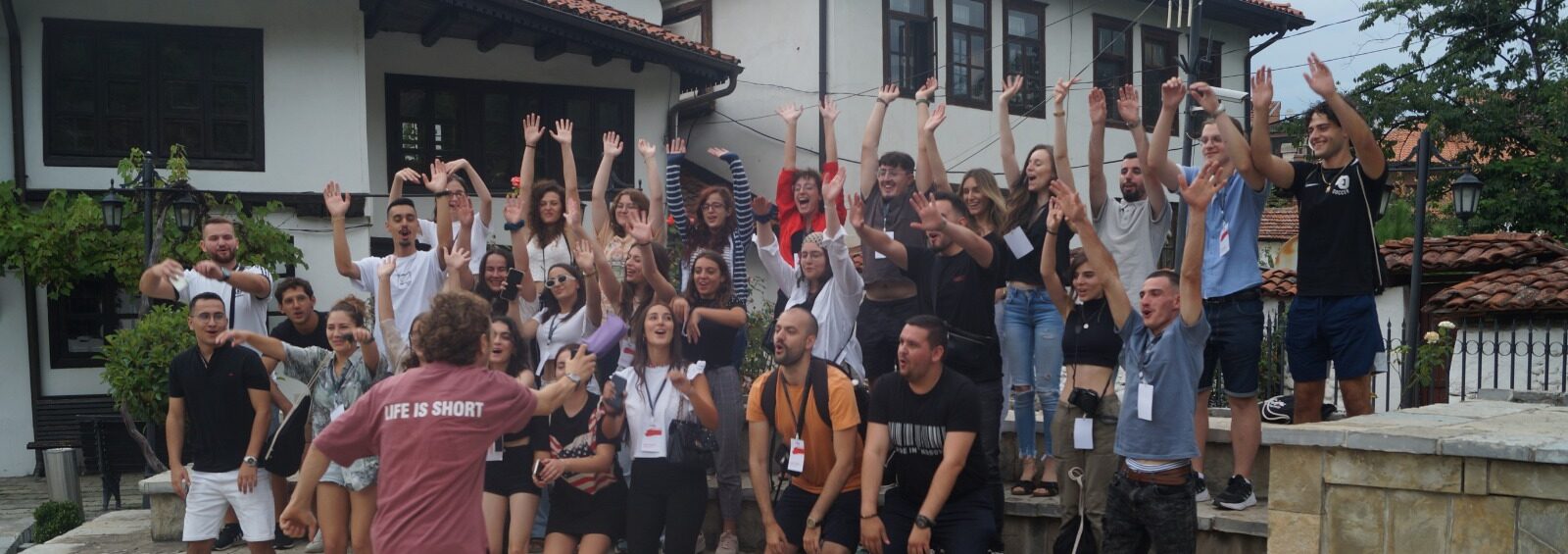On the occasion of the International Migrants Day, we organizes a virtual discussion with the Kosovar Diaspora in the United States of America.

On Monday, December 20, 2021, GERMIN organized the last lecture of this cycle with the Kosovar diaspora from the United States of America within the Greenback 2.0 project. This meeting was held in cooperation with the World Bank, SECO and the CBK.
The discussion focused on remittances and their role, as well as the role and importance of the Kosovar diaspora itself in the United States of America. Moreover, this conversation served as a guide on how this community can influence the development of their home country.
The discussion started with Edlira Dashi who provided a brief introduction and a presentation of the project and the panelists.
Following, Lirim Krasniqi, co-director of GERMIN also presented in more detail on the diaspora community and the role of the diaspora in the development of the mother country. He spoke about statistics related to remittances on an annual basis and how they help maintain social peace in Kosovo. However, he stressed that remittances need to be further studied and discussed more, as a way of exploring individual and collective remittances, their use and more. Thus, he emphasized that together we can find other forms of money transfer, remittance channeling in the home country and others.
Finance expert at the Central Bank of Kosovo, Mr. Bejtush Kiçmari, spoke about various studies on remittances in Kosovo and how their growth is projected in the coming years. He shared statistics on how diaspora money spent in Kosovo annually is greater than the amount of Kosovo’s annual budget. He also spoke about economic trends in Kosovo and stressed that remittances include only those remittances that come through transaction agencies. He stressed that this fact shows that informal forms of sending remittances are still pronounced among the diaspora community. Further, Mr. Kicmari provided data related to the COVID-19 pandemic and the effect that the pandemic had on remittances and common trends.
Kaltrina Temaj, economic research analyst, in her speech focused on the challenges and opportunities that the Kosovo diaspora community in America has. In addition to presenting data combined from various research, she also included her personal experiences as part of this community, which made this discussion even more valuable. Ms. Temaj stressed that digitalization and the duration of remittances are some of the main challenges that the diaspora community has when it comes to sending remittances, which leads to finding informal forms of remittances. Ms. Temaj also mentioned the importance of finding other alternatives to engaging the diaspora beyond remittances. She stressed that the structure of the diaspora community, including the community in the US, shows that we have a well-educated diaspora with diverse experiences who are willing to contribute.
Safet Gërxhaliu, former director of the Kosovo Chamber of Commerce also integrated his experience as a former member of the diaspora along with his professional training and expertise regarding the financial aspect of the diaspora. He stressed like other speakers that the Kosovar diaspora has high academic and professional training and possesses a great knowledge that can greatly influence the development of the mother country. Mr. Gërxhaliu further mentioned that Kosovo should have a specific strategy that envisages how the diaspora can contribute to the home country and remittances can be turned into investments.
The discussion was joined by many other members of the diaspora community in the United States of America who shared their experiences on the topic, asked questions to the panelists about remittances, investments, opportunities for cooperation and showed a great willingness. high to contribute in various forms.




